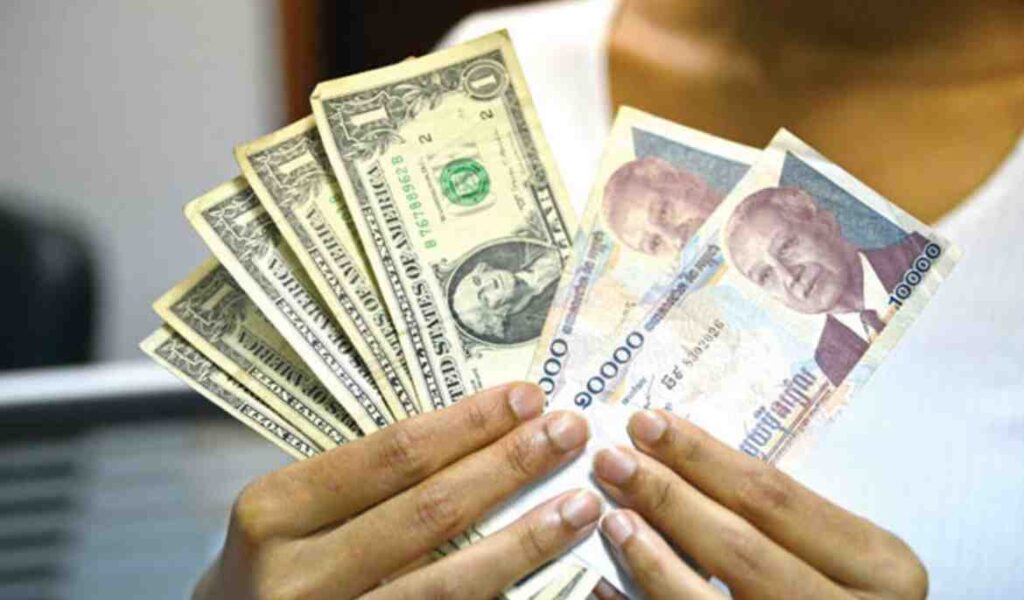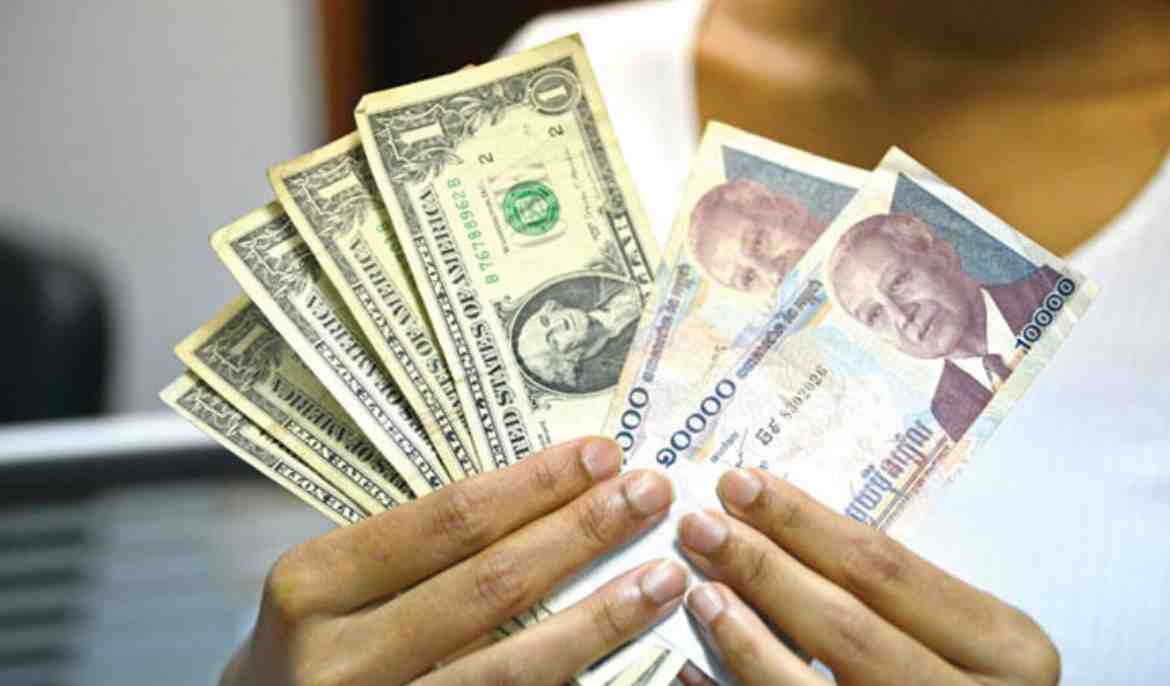Synopsis: Economists view this increase in reserves as a sign of growing macroeconomic credibility. The positive trend reflects both international confidence and strong domestic policy.
Cambodia’s international reserves rose sharply in the first half of 2025, reaching $24.8 billion, marking a 10.4 percent increase from the end of December 2024, according to the National Bank of Cambodia’s (NBC) latest First Semester Report and Work Direction for the Second Semester, released on Monday.
This level of reserves – equivalent to 7.5 months of imports of goods and services – is considered high for a developing country, reflecting the Kingdom’s ongoing macroeconomic resilience amidst a volatile global environment.
The NBC attributed the increase in reserves to several key factors, including rising gold prices, revenue from overseas investments, favourable exchange rate movements, as well as higher deposits from banking and financial institutions and mandatory reserves.
“The investment of the international reserves of the National Bank of Cambodia is carried out with great caution and flexibility,” the report stated. “Investment risks are carefully managed and monitored in accordance with the investment policy and investment guidelines… to ensure safe, liquid and appropriate income management of international reserves.”
In early 2025, NBC revised its investment guidelines, recalibrating the composition of currencies and asset types, alongside adjustments to the size of the risk budget to better align with global financial market dynamics. The guidelines on the selection and management of external managers and custodians were also fully updated, enhancing transparency and bolstering oversight mechanisms to ensure both safety and performance.
A notable policy shift was the NBC’s continued push into sustainable finance, with increased allocations to green bonds and environmental, social, and governance (ESG) bonds issued by leading international financial institutions in China, South Korea, Japan, and Europe. These now account for 6 percent of total reserves, aligning Cambodia’s investment strategy with the global transition toward a green economy.
Despite persistent global uncertainties stemming from geopolitical tensions, wars, and protectionist trends, the Cambodian economy remained resilient throughout the first half of the year.
Inflation was contained at low levels, and the exchange rate between the riel and the US dollar remained stable. The country’s balance of payments returned to surplus, buoyed by robust inflows of foreign direct investment.
The overall balance of payments surplus, underpinned by stable macroeconomic conditions, played a central role in the sharp accumulation of international reserves during the period.
NBC reaffirmed its commitment to prudent monetary and investment management policies to safeguard Cambodia’s financial stability and ensure the Kingdom remains on a steady path toward sustainable economic development.
Cambodia’s economy remained resilient in the first half of 2025 despite rising global uncertainties, according to NBC Governor Chea Serey, who stressed the importance of sound economic fundamentals and flexible monetary policy in maintaining macroeconomic stability.
In the central bank’s First Semester Report and Work Direction for the Second Semester, Governor Serey acknowledged mounting pressures from external developments, including US tariffs and geopolitical tensions along the Cambodia-Thai border.
“Cambodia, an open and regionally and globally integrated country, is also facing this uncertainty, especially in international trade, investment and tourism, which could have spillover effects to other sectors of the economy,” she stated. “However, growth in the first half of this year has not been significantly affected due to the strength of Cambodia’s economic fundamentals. And while the impact of the US tariffs and the Cambodia-Thai border dispute is still limited, the impact may occur in the second half of 2025.”
To shield the economy from such potential shocks, NBC has continued to adopt a prudent and flexible monetary approach.
“NBC has continued to implement monetary policy, develop the banking system and accumulate international reserves with caution and flexibility, aiming to maintain price stability, financial stability and support sustainable economic growth in line with the policies of the Royal Government,” the Governor explained.
She highlighted that the exchange rate had been maintained at a “good level”, while interest rates have seen a gradual decline, both factors contributing to low inflation and stable prices across the economy.
“It should be noted that capital flows to emerging and developing countries continue to face restrictions and have caused exchange rates in various countries to fluctuate significantly. In a context where Cambodia has a high dollar-capitalisation level, maintaining a stable exchange rate and low inflation has contributed significantly to protecting the purchasing power of citizens’ income, strengthening investor confidence, as well as stabilising Cambodia’s macroeconomics,” she added.
Speaking to Khmer Times, Seun Sam, a policy analyst at the Royal Academy of Cambodia, emphasised the importance of international reserves in bolstering national resilience and investor confidence.
“International reserves play a crucial role in ensuring social and economic progress, as well as supporting the effective functioning of public institutions in each country,” he said.
“They serve as a safeguard for the stability of a nation’s financial system in the face of fluctuations in the domestic economy. In times of unforeseen events—such as a global economic crisis, a pandemic, or geopolitical shifts—international reserves act as a vital buffer against potential threats to a country’s economic progress.”
Cambodia’s international reserves have been steadily increasing, with economists viewing this as a sign of growing macroeconomic credibility. According to Sam, the positive trend reflects both international confidence and strong domestic policy.
“The growth of international reserves sends a strong signal of confidence in Cambodia’s economic stability and growth. Reserve providers are unlikely to increase support to countries with weak economic fundamentals, due to concerns over repayment risk. Therefore, an increase in Cambodia’s reserves reflects the country’s improved economic credibility in the eyes of international stakeholders,” he explained.
He further added that the rise in reserves also suggests proactive fiscal planning by the government.
“This increase may also indicate the Cambodian government’s foresight and strategic vision, recognising the need to build up financial capital for future uncertainties,” he added.
Highlighting Cambodia’s recent economic performance, Seun Sam pointed to the Kingdom’s ability to weather external shocks while maintaining steady growth.



